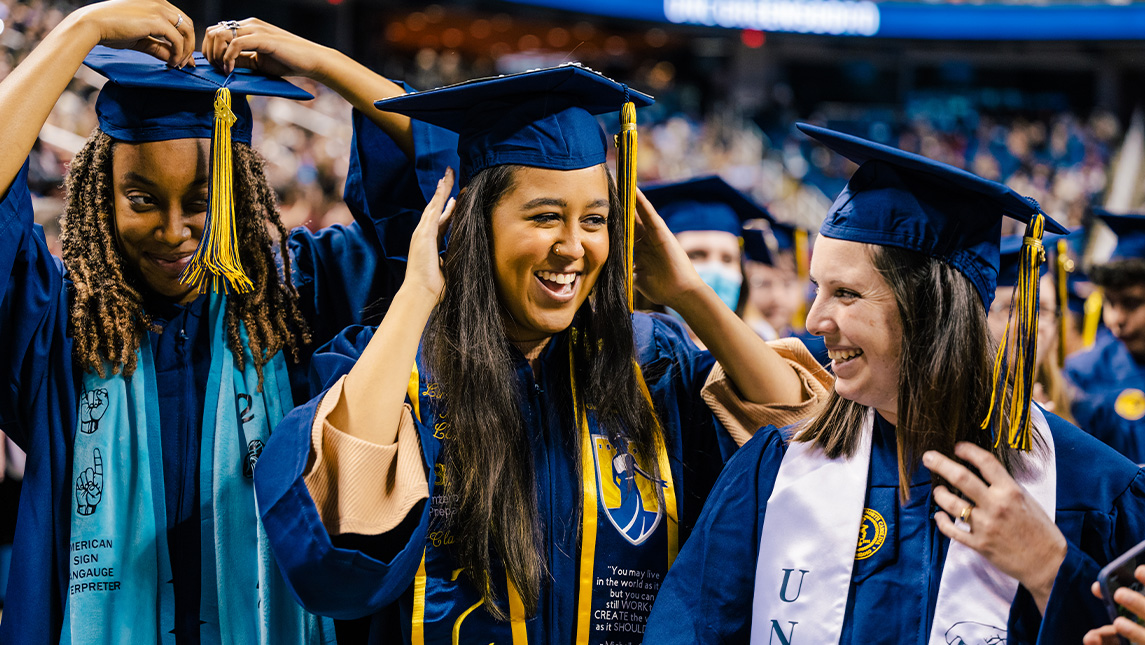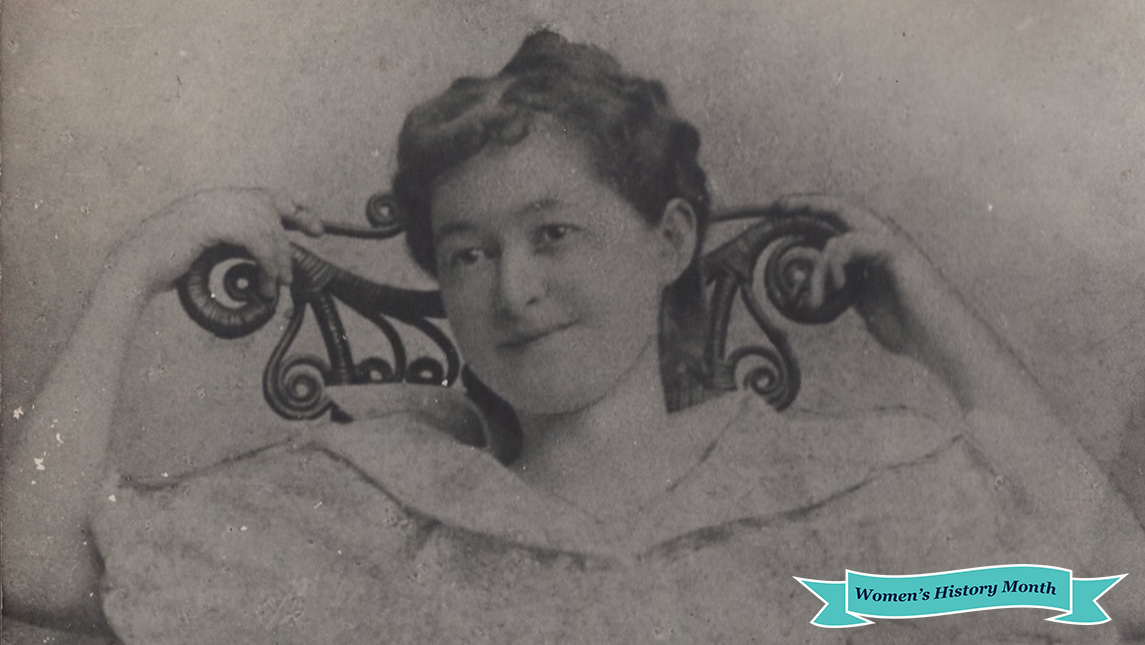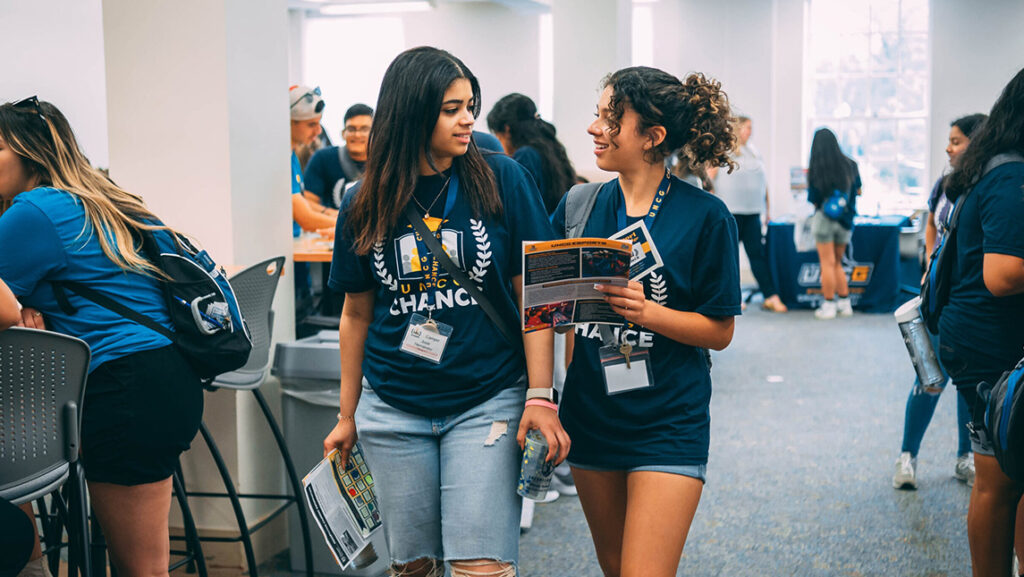Mary Dail’s Impact
UNC Greensboro was founded in 1891 as the North Carolina State Normal and Industrial School (State Normal). It was a school intended to train women to educate children. On October 5, 1892, Mary Dail (later becoming Mary Dail Dixon) of Snow Hill, North Carolina was the first student to register. Her family paid $128 annually. “$40 for tuition, $64 for board, and $24 for fees,” according to records.
In the late 1800’s, higher education institutions were difficult for women to find. The Civil War had just ended, which left 25,000 more women than men in North Carolina and most struggled with poverty. Women joined the workforce in mills across the state and lawmakers encouraged women to teach in public and private schools. Progressive thinkers like Charles Duncan McIver, who eventually became State Normal’s principal founder and first president, campaigned to give women better access to higher education with the hope that better educated women could raise literacy levels for children across the state.
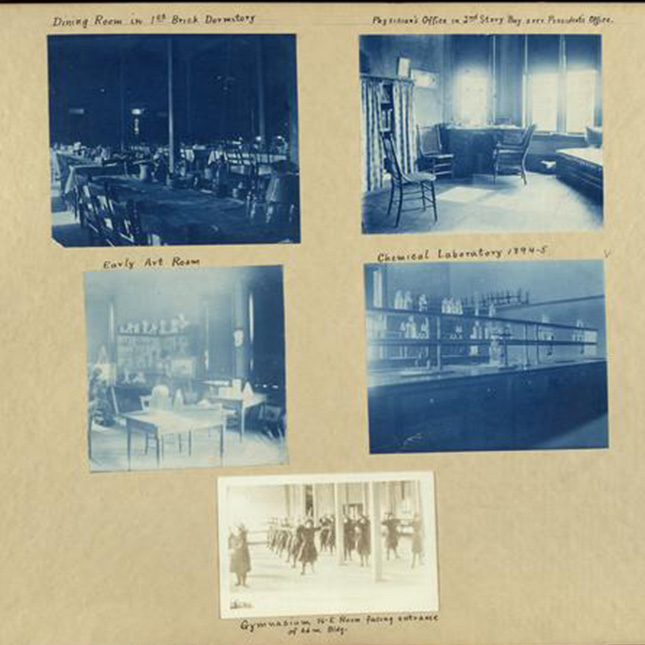
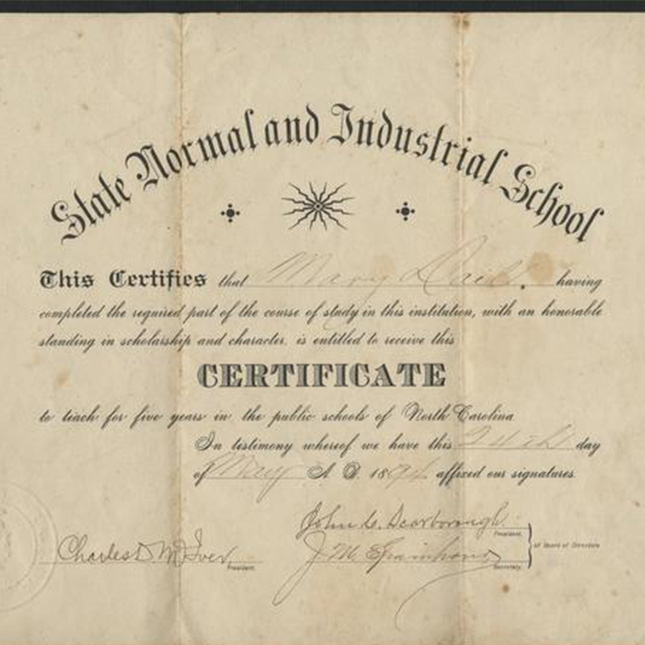
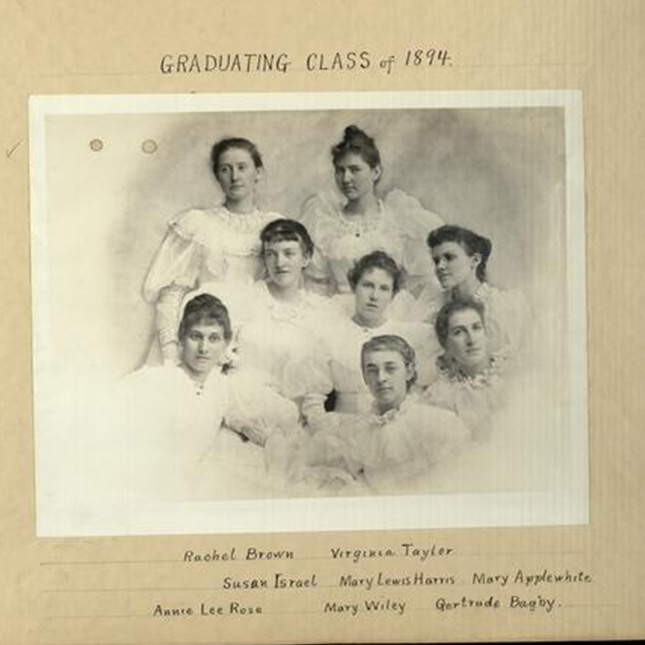
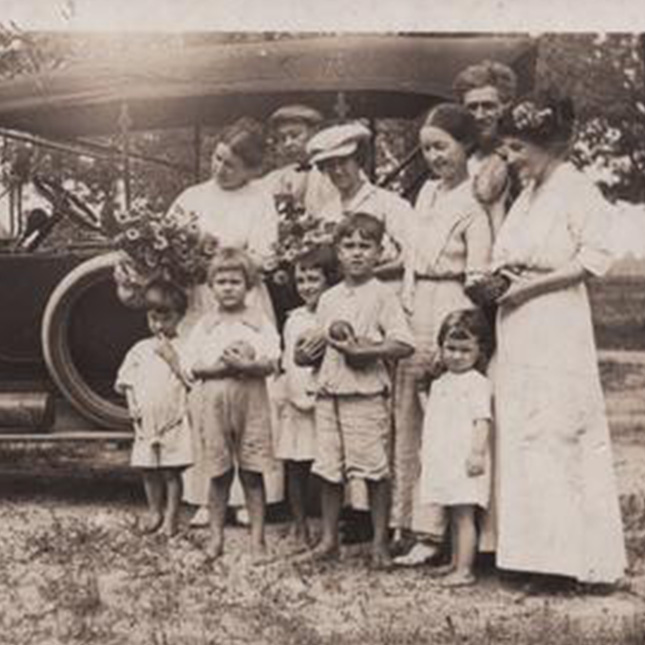
Dail Dixon was part of the school’s second graduating class in 1894. In those days, women who attended State Normal focused their studies on teaching, domestic science, or business. For Dail Dixon, she used what she learned at State Normal to do all three. Moving to Wake County, North Carolina, she built a business baking and selling cakes. She published a cookbook titled “Baking Cakes for You” and kept detailed scrapbooks from 1924-1942 that documented her growing family and included a copy of her teaching certificate from State Normal.
Dail Dixon was the first student to benefit from broadened access to higher education for women, at the school that would eventually become UNCG. Although there were struggles, as State Normal closed for two months in 1899 due to a typhoid epidemic that killed thirteen students and one staff member, State Normal persevered. More and more women traveled by train or horse and buggy to receive an education that would indeed raise literacy rates and enhance North Carolina’s progress in the post-war reconstruction.
Mary Dail’s Legacy
In 1919, State Normal became the North Carolina College for Women and then joined the North Carolina system in 1932 to become the Woman’s College of the University of North Carolina. The first Black women were admitted in 1956. Then in 1963, the University broadened its access yet again when it became the University of North Carolina at Greensboro and admitted its first male students.
As the University has adapted with the times, it has always been focused on providing higher education for students who need a welcoming place to learn. Today, that includes women and men, first-generation students, and those who don’t identify with gender labels.
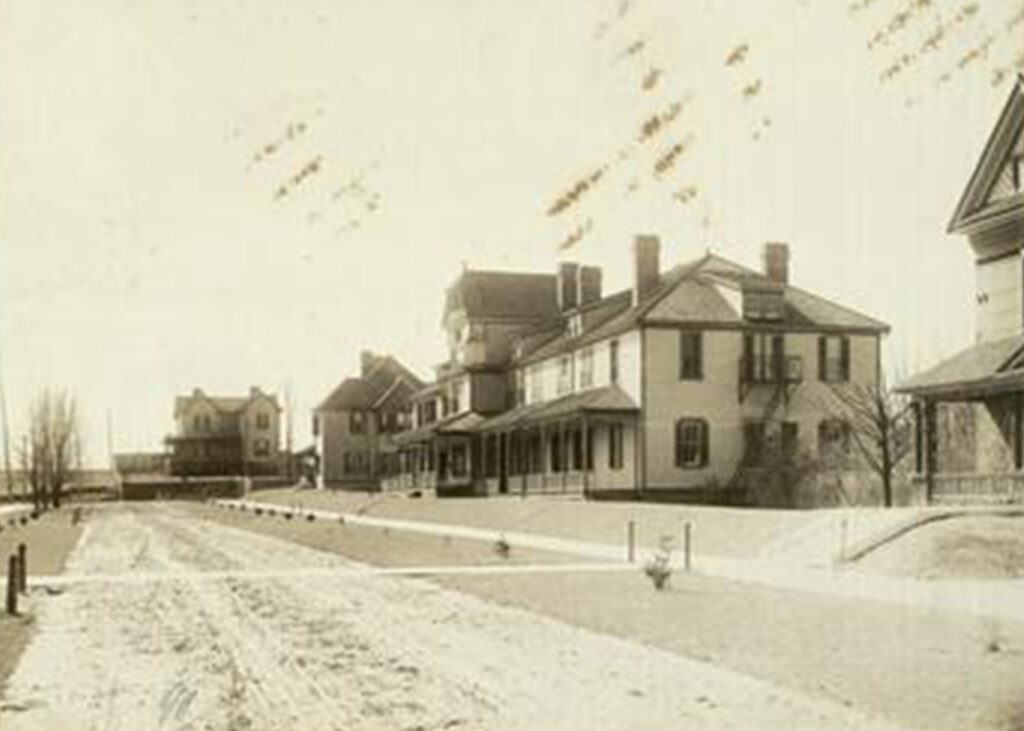
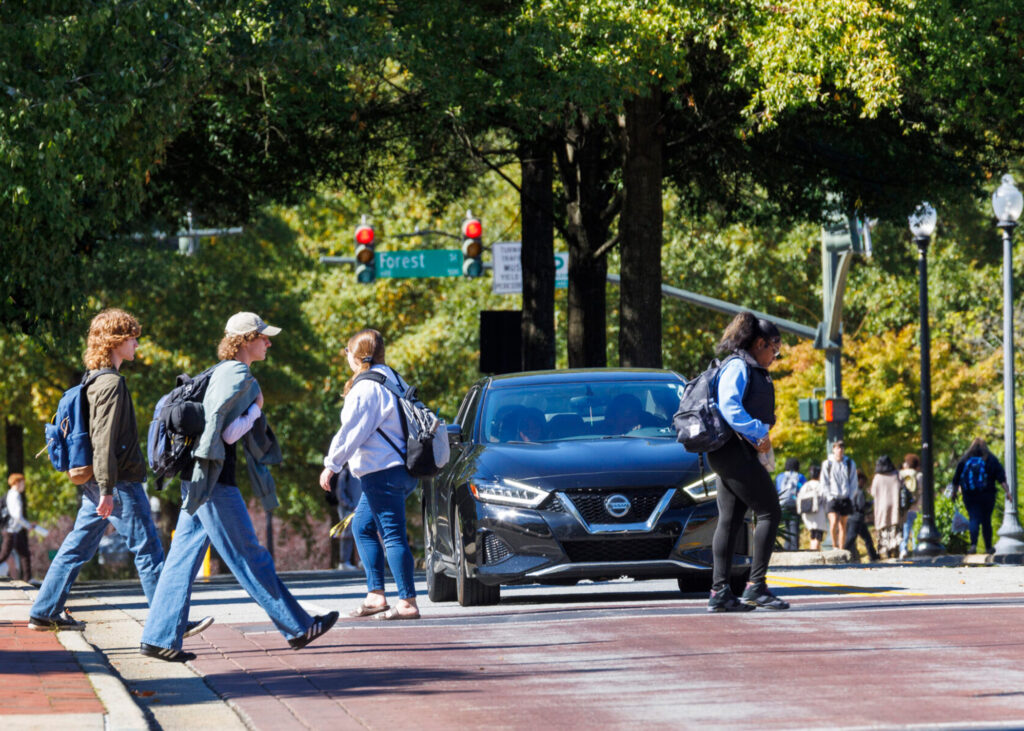
Dail Dixon’s legacy is remarkably evident in our diverse student body. Today’s Spartans are often referred to as changemakers. Like their predecessors from the early days of State Normal, today’s UNCG students want to learn and work, and raise the literacy and economic status of their families.
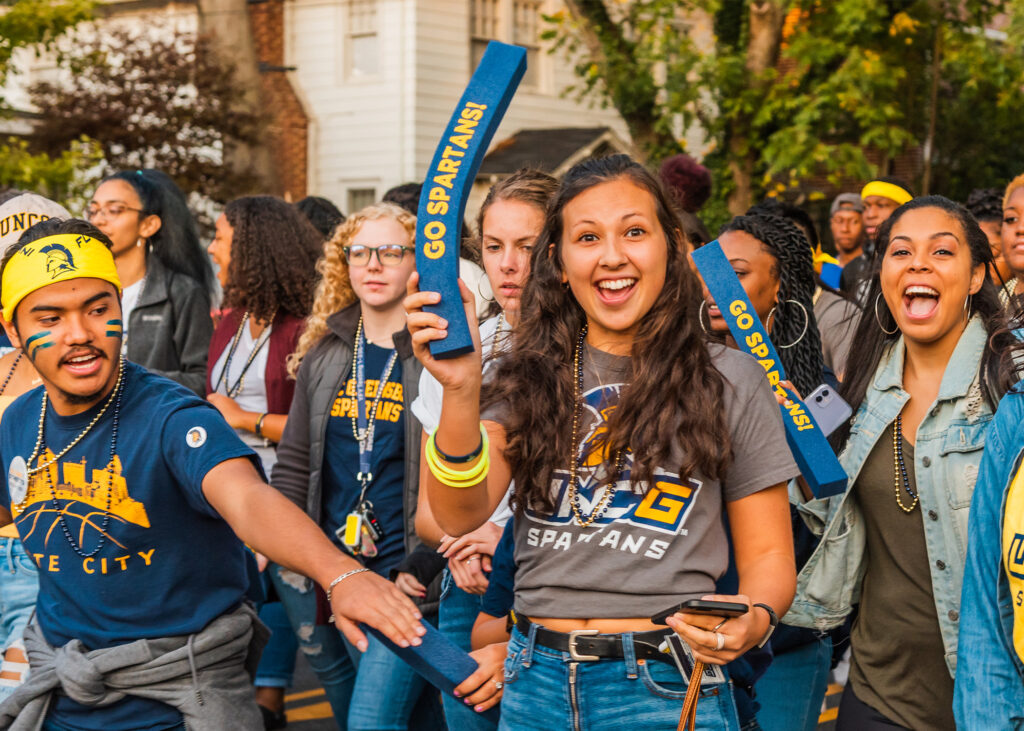
UNCG ranks number one in North Carolina for social mobility and three-fourths of the student body work while they are studying. “I don’t think we get enough credit for being changemakers,” says Ivan Tarpley, fourth-year communications studies major. “Something that I’ve heard a lot from my parents’ generation is ‘No one wants to work these days.’ That’s just not true.”
The student body looks different than it did in Dail Dixon’s time, as does UNCG’s campus and its program offerings, but its welcoming atmosphere and motto of “service” has never wavered, and that’s a legacy that Mary Dail and her classmates would be proud of.
Story by Becky Deakins, University Communications.
Historical photography courtesy of the Martha Blakeney Hodges Special Collections and University Archives at the University Libraries.
Recent photography by University Communications.
